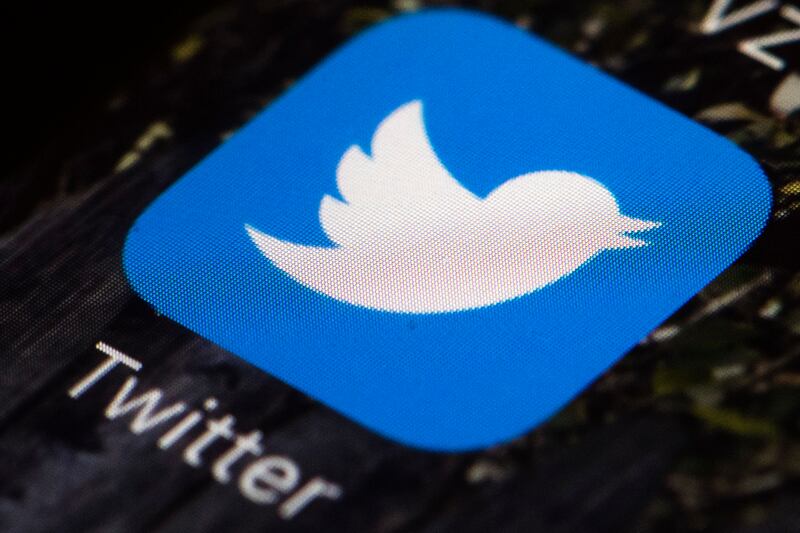Elon Musk was hoping to push his multibillion-dollar legal battle with Twitter into next year but, on Tuesday, a Delaware judge approved Twitter’s motion for an expedited trial, which is now set for October.
In her ruling on the matter, Chancellor Kathaleen St. Jude McCormick cited the “cloud of uncertainty” over the social media company after the billionaire backed out of a deal to buy it.
“Delay threatens irreparable harm,” said McCormick, the head judge of Delaware’s Court of Chancery, which handles many high-profile business disputes. “The longer the delay, the greater the risk.”
Twitter had asked for an expedited trial in September while Musk’s team called for waiting until early next year because of the complexity of the case. McCormick said Musk’s team underestimated the Delaware court’s ability to “quickly process complex litigation.”
“It’s a very favorable ruling for Twitter in terms of moving things along,” Carl Tobias, a law professor at the University of Richmond, told The Associated Press. “She seemed very concerned about the argument that delay would seriously harm the company, and I think that’s true.”
He said, they said: In April, Musk offered to buy Twitter for $54.20 per share, a deal that valued the company at about $43 billion. In a letter sent to Twitter’s lawyers earlier this month, Musk said the contract was a bust, claiming Twitter failed to provide adequate information about the number of its over 200 million accounts that are fake or bot-driven and that it has breached its obligations under the deal by firing top managers and laying off a significant number of employees.
Twitter responded last week by suing Musk, arguing that he has operated in bad faith and is deliberately trying to tank the deal because market conditions have deteriorated and the acquisition no longer serves his interests. According to the lawsuit, the value of Musk’s shares in Tesla, which he was to draw upon to help finance the acquisition, has declined by more than $100 billion since November.
Musk’s attempt to get out of the contract is tantamount to shifting the burden of the market downturn to Twitter’s stockholders, according to the complaint.
“This is in keeping with the tactics Musk has deployed against Twitter and its stockholders since earlier this year, when he started amassing an undisclosed stake in the company and continued to grow his position without required notification,” the complaint reads. “It tracks the disdain he has shown for the company that one would have expected Musk, as its would-be steward, to protect. Since signing the merger agreement, Musk has repeatedly disparaged Twitter and the deal, creating business risk for Twitter and downward pressure on its share price.”
Tweets shading Twitter: While the Musk-Twitter purchase contract reportedly includes language expressly allowing Musk to keep tweeting to his 100 million-plus followers, it also stipulates that he can’t disparage Twitter or its representatives.
Turns out, that was a bridge too far for Musk.
Brian JM Quinn, a professor at Boston College Law School whose research focuses on corporate law and mergers and acquisitions, noted in an interview with The Atlantic that the language protecting Musk’s right to tweet amid contract negotiations was a very unusual move.
“And then he proceeded to use that power to tweet poop emojis about Twitter and criticize the company and its executives,” Quinn told The Atlantic. “That’s just very weird. The lawyers who wrote the Twitter lawsuit must have had a really good time, because they used Musk’s tweets against him, hoisting him on his own petard, over and over.
“Every single one of those tweets is a possible violation of the disparagement provision. And now Musk is in breach of the contract, Twitter says, which means he can’t take advantage of termination provisions.”
A precarious legal position: Due to corporate registration domains, the legal dispute falls under the purview of the Delaware Court of Chancery, a judicial body with deep expertise in contract disputes thanks to the over 1 million business entities that file articles of incorporation there to take advantage of the state’s business friendly tax structure.
The Associated Press reports that many merger agreements, in fact, specify that any disputes will be heard by a Delaware chancery court judge.
“It’s not that they are necessarily more brilliant than judges in other states, they just have a lot of exposure to this stuff and are pretty sophisticated about it,” Lawrence Hamermesh, executive director of the Institute for Law & Economics at the University of Pennsylvania, told The Associated Press.
Per The New York Times, most legal experts say Twitter has the upper hand in the dispute, in part because Musk attached few strings to his agreement to buy the company, and the company is determined to force the deal through.
The chancery court could rule on the matter in a number of ways, including siding with Twitter and forcing the $44 billion deal to happen, allowing Musk out of the deal, but with a monetary penalty (the contract includes a $1 billion walkaway penalty for either party), ruling in favor of Musk and allowing him to break the deal without penalty or some other middle ground ruling.
Musk and Twitter could also come to their own settlement agreement before the October court date. That settlement could come in a few permutations, including moving ahead with a purchase agreement at a lower per-share price or allowing Musk out of the contract for a mutually agreeable payout.
Quinn says no matter what, Twitter has the upper hand.
“Twitter puts itself in the maximum position of leverage with that lawsuit to win in court, or to get Musk to the negotiating table to extract a large settlement before he goes on his merry way,” Quinn told The Atlantic. “The strongest argument is the framing of the complaint. They frame the complaint as one of buyer’s remorse: Musk realized he made a mistake and is looking for an exit.”
Contributing: Associated Press


